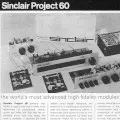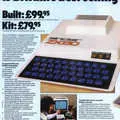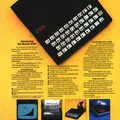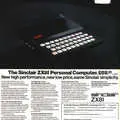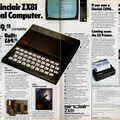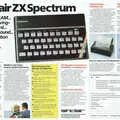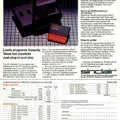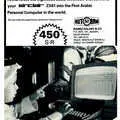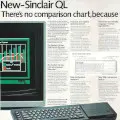
Sinclair Advert - January 1980
From Personal Computer World
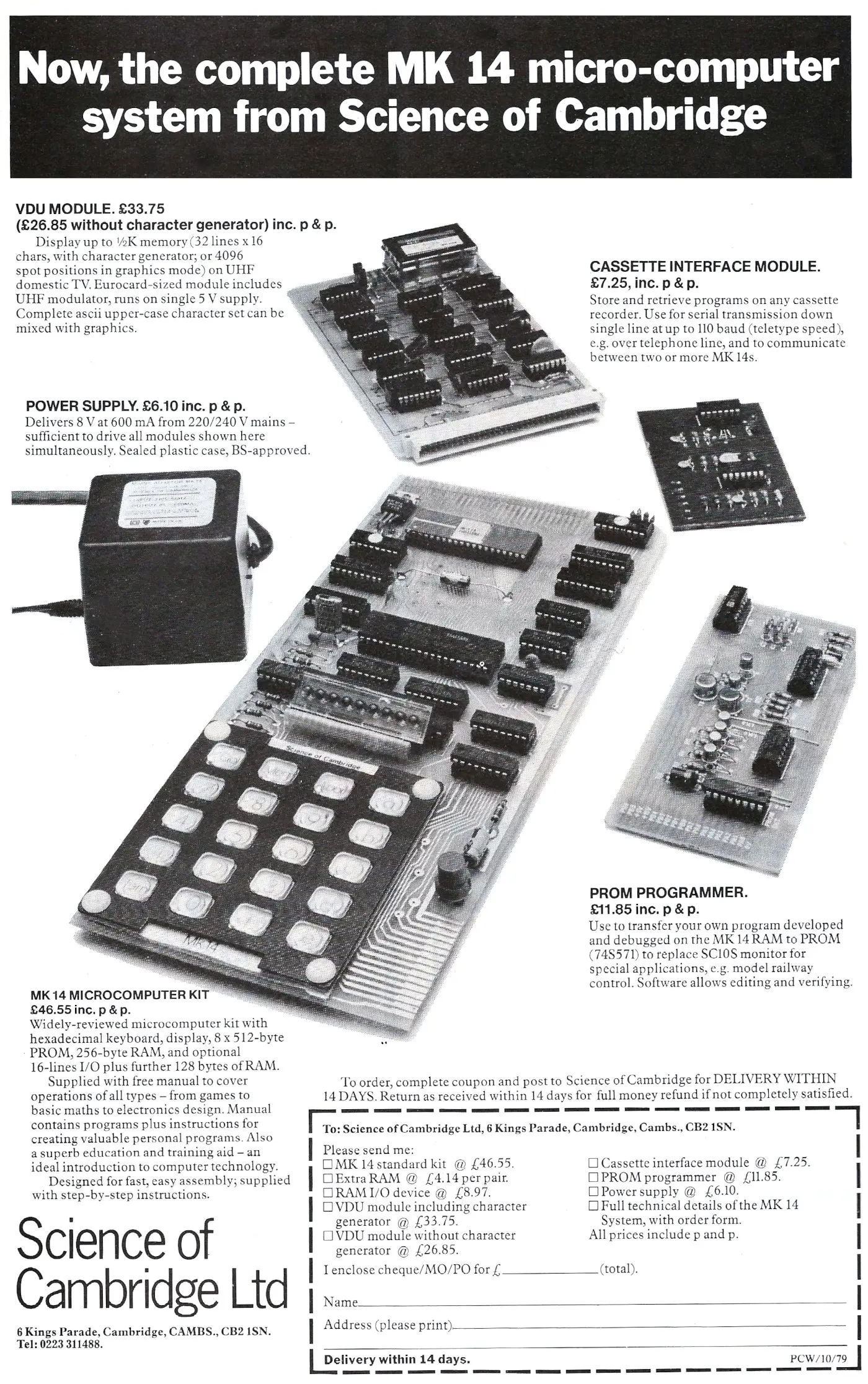
Now, the complete MK 14 micro-computer system from Science of Cambridge
Right on the cusp of the launch of the ZX80, Science of Cambridge was still selling its MK 14 - or Microcomputer Kit 14 - which had been launched back in the summer of 1978.
The price was still broadly comparable, at £46 (around £290 in 2026) but the MK 14 now had a raft of official Sinclair add-ons to go with it, including a video display module for almost the same as the MK 14 itself - £26.85, along with a cassette interface module at £7.25.
The design of the MK 14 appears to also be in its (at least) third distinct revision, although that could largely be due to the fact that this was the first time an advert for the MK 14 actually featured the real product.
The tiny one-board computer appeared tricky to assemble, with about 90% of reported failures down to dodgy soldering and most of the rest down to chips inserted the wrong way round.
Guy Inchbald, writing in December 1979's Practical Computing provided several recommendations, including one to solder IC sockets on the the board, rather than soldering the chips directly, as heating the legs up too much could lead to "heat death", and to add a bigger smoothing capacitor plus a larger power supply.
Overheating was also a problem, with the on-board regulator cutting out, especially if the nominal load of 500mA was exceeded.
Solutions to this included heat sinks and current-limiting 4.7ohm resistors[1].
The MK 14 was reviewed in May 1979's Practical Computing, which suggested:
"It takes some imagination to find applications for the basic MK 14 which would not be cheaper and more appropriate on one of the low-cost programmable calculators. Of course, the manufacturer strongly disagrees with this. Still, the basic MK 14 is capable of reasonable expansion, bearing in mind its low price and, on the face of it, represents good value for money at the present time. At the moment you should expect pleasure from building it rather than using it".
In a nod to the future, one of the biggest complaints in a small survey of around a dozen Practical Computing readers was around that of delivery, with many commenting on the long delay in receiving their mail-order kits.
There were also various reported issues with component quality, and with even longer delays in getting a replacement unit back if a faulty one was sent away for repair.
Science of Cambridge responded to these complaints by saying:
"We do not deny that we have been beset by component supply problems and we apologise to those people who have been kept waiting. We have had very few component failures and any repairs which exhibit symptoms of original component failure are repaired free of charge. A recent batch of 100 which we had to supply ready-built contained only two which did not work first time, and they were due to IC pins being bent over on insertion[2]".
Date created: 04 August 2014
Last updated: 13 January 2026
Hint: use left and right cursor keys to navigate between adverts.
Sources
Text and otherwise-uncredited photos © nosher.net 2026. Dollar/GBP conversions, where used, assume $1.50 to £1. "Now" prices are calculated dynamically using average RPI per year.
